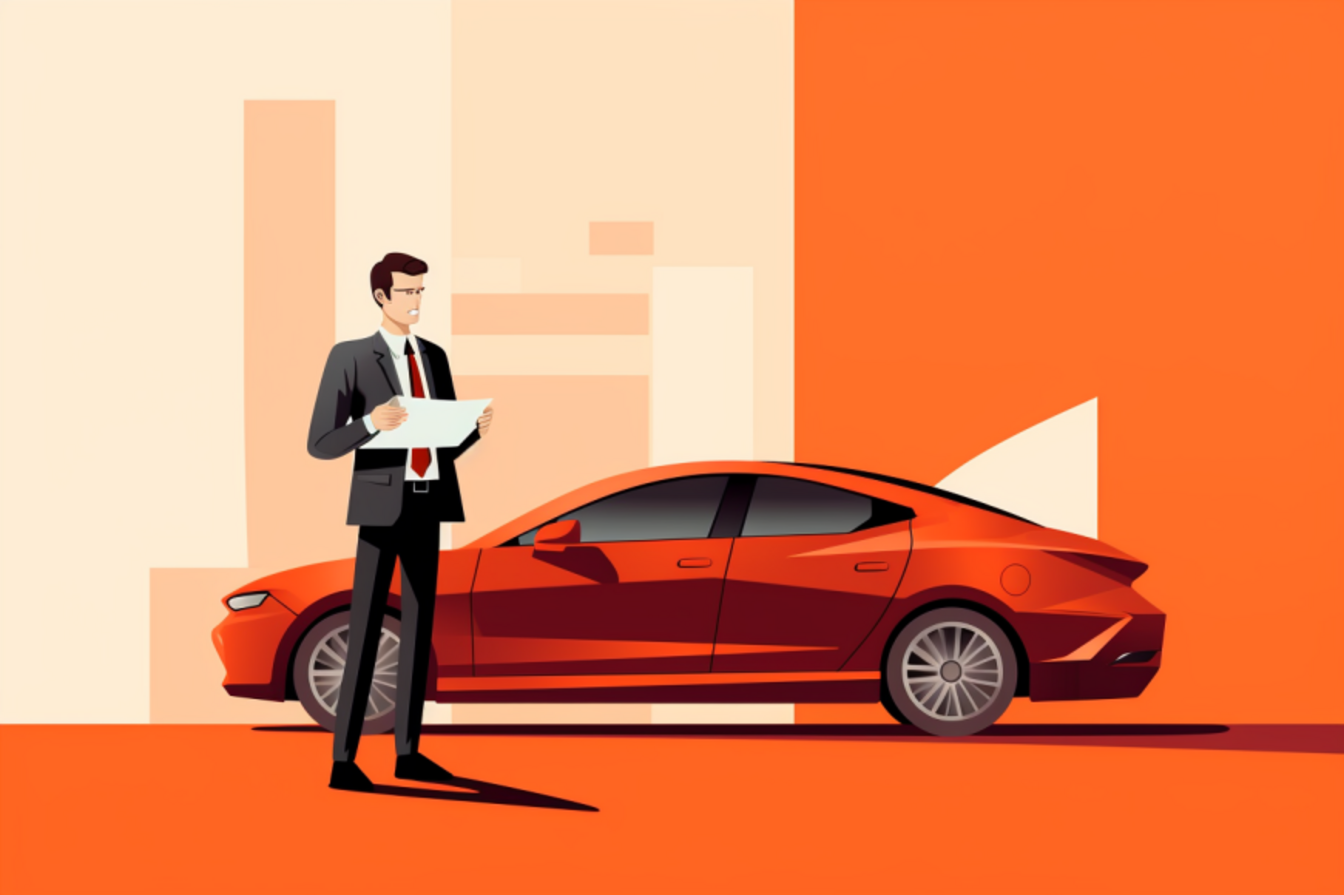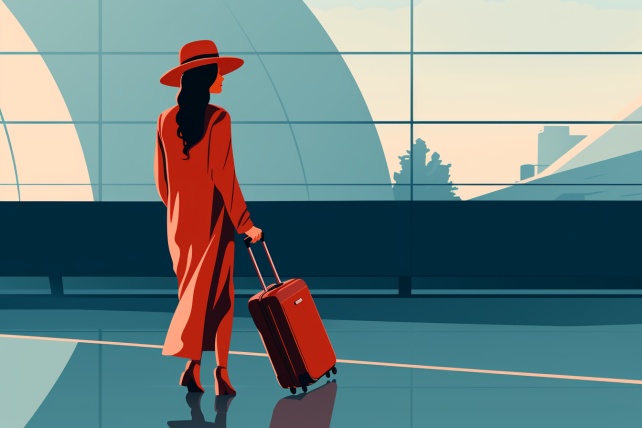Glenn Rossi’s recent Avis car rental had him seeing double. Literally.
He’d prepaid for a vehicle in Vienna, Austria, through Expedia. When he picked up the car, Avis also swiped his credit card. Within a week of returning the vehicle, Rossi, a retired telecommunications consultant who lives in Kelkheim, Germany, saw two charges for 333 euros (about $460) on his MasterCard: one from Expedia and one from Avis.
He’d been billed twice for the same car
“I sent my contract and payment records to both Expedia and Avis but still have no refund of my double payment,” he says.
Rossi’s experience is common in one respect. Small billing errors happen routinely when you’re on the road — a currency conversion error, a fee added to the final bill or a room charge that belongs to another guest. But in another sense, it isn’t. Double-billings are relatively rare. Fortunately, they’re also relatively easy to fix.
Double billed? Try a credit card dispute
Nick Hornberger, a Los Angeles attorney and expert on credit card processing, says that a clear-cut case in which a customer is charged twice can be remedied by filing a credit card dispute. Under the Fair Credit Billing Act (FCBA), you may challenge a billing error with your credit card company. As long as it’s done in writing and within 60 days of the credit card statement. “The card companies can be very aggressive and really go to bat for the consumer,” Hornberger says.
But not always. Sometimes, there are “bad guys” on the other end of the transaction who are trying to squeeze more money out of you, says Hornberger. And the law also has its limits. You can’t invoke the FCBA if you have a problem with the quality of a good or service unless the purchase was made in your home state or within 100 miles of your billing address. Even when it applies, the law doesn’t offer an instant fix. The FCBA gives a creditor up to a month to acknowledge your dispute and up to three months to credit your account. This can seem like half an eternity.
It’s impossible to anticipate a billing error
A MasterCard representative said that the best way to avoid having to pay twice for the same product is to monitor your monthly statements or to check your credit card account online.
“If cardholders identify a purchase they didn’t authorize, they should immediately contact the bank that issued their card and dispute the charge in question,” says MasterCard spokesman Seth Eisen. His company also offers a feature called MasterCard Zero Liability policy. It protects customers like Rossi against unauthorized and fraudulent transactions. Read my comprehensive guide on how to win credit card disputes.
Some restrictions apply, though. An account must be in good standing. A cardholder has to exercise “reasonable care” in safeguarding the card from any unauthorized use. It may not have reported two or more unauthorized events in the past 12 months, according to MasterCard.
You’re somewhat likelier to be hit by a double-billing when you’ve prepaid for a travel product such as a rental car or a hotel stay. That’s what happened to Elaine Barrett when she paid upfront for a package tour that included a hotel stay in Chicago. (And it’s hardly our first double-billing case for a hotel. Here’s another one.)
“I handed over the voucher and everything seemed okay. When we received our credit card bill, we’d been charged a walk-in rate for three nights for the room we had already paid for,” says Barrett, who lives in Sydney.
The dispute wasn’t a slam-dunk
Initially, her credit card sided with her but then reversed its decision, taking the hotel’s side. Barrett enlisted the help of her travel agent — who failed to get a refund. Finally, she contacted Qantas Holidays, through which she’d booked the vacation, and got her money back.
Companies claim to do their best to prevent billing errors, particularly double-billings. For example, a site such as Travelocity has multiple systems that check for duplicate air reservations. “So if the name field in the booking matches exactly with another booking. The name, flight, date all match — we will reject the booking and have a customer agent look at it and call the customer to verify if there are duplicates,” says spokesman Joel Frey.
But the system has limitations. For example, Travelocity’s systems can’t catch the difference between a John Doe and a John A. Doe.
Orbitz has technology that catches a duplicate name on the same flight booking. This can easily happen when travelers click the “book” button twice when making flight reservations for a group. But it can’t catch a name on the same flight when it’s a separate reservation.
Determining what happened to Rossi’s booking wasn’t easy. Both Expedia and Avis agreed that the car rental company’s systems inadvertently billed him in Vienna. Although the rental took place last July, and Avis in August acknowledged that a “system error” had led to his voucher’s not being accepted, Rossi’s money hadn’t been refunded by October — an almost three-month wait.
I contacted Avis car rental to inquire about his case. A representative told Rossi that the company had first needed to confirm that he’d had a prepaid voucher with Expedia. Unfortunately, it had been unable to do so in a timely manner. It promptly refunded his 333 euros.




